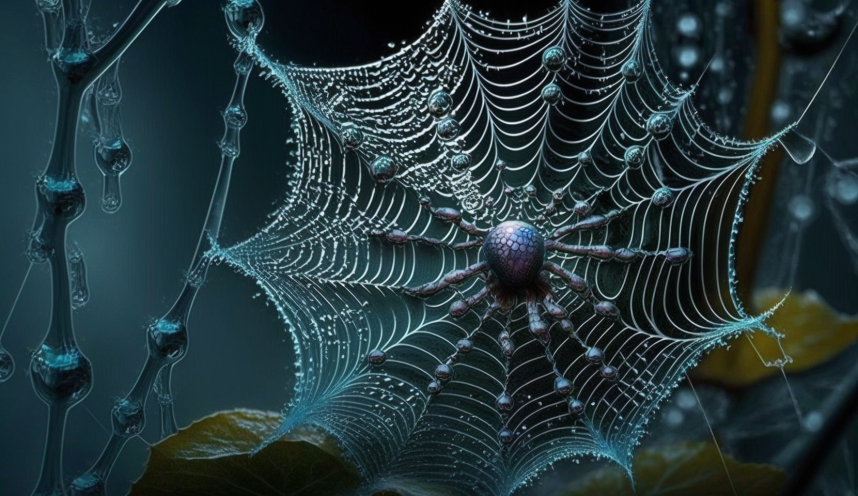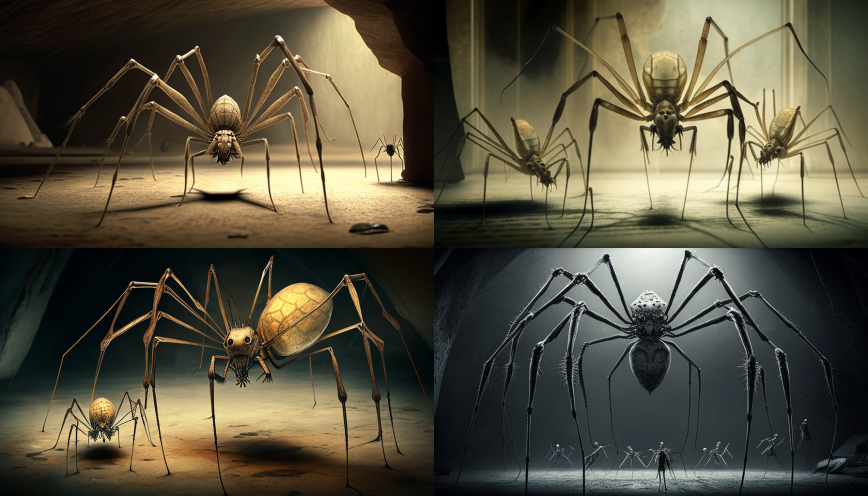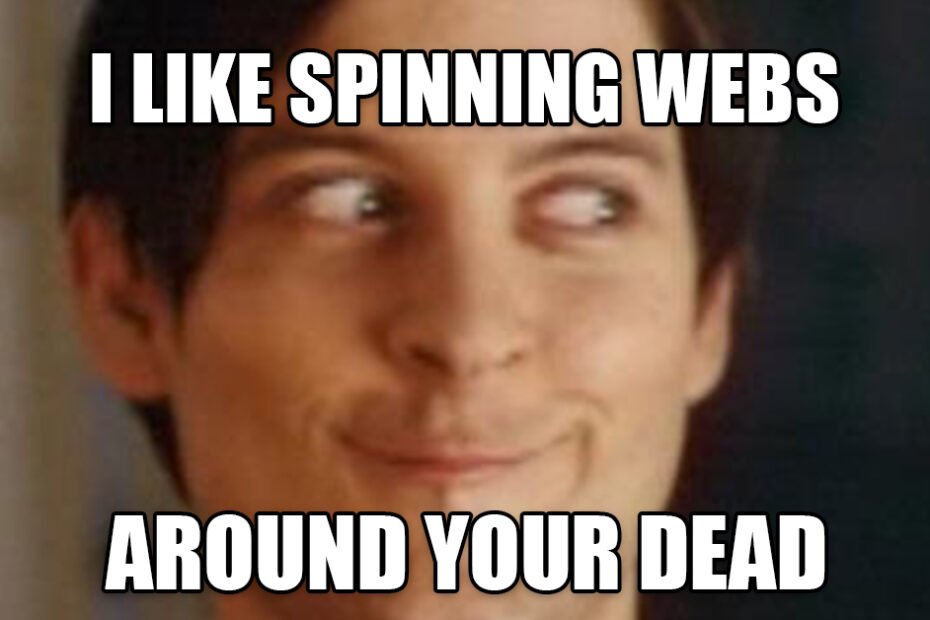As a human, it’s not uncommon to encounter a spider web once in a while, especially around your head. Spider webs are fascinating, but many people wonder why spiders spin webs around their head. In this article, we’ll explore the reasons why spiders spin webs around your head, the benefits of spider webs, and what you should do when you find a spider web around your head.
What are spider webs?

Spider webs are structures made of spider silk. They are created by spiders for different reasons, such as catching prey, laying eggs, and sheltering. Spider silk is produced in specialized glands located in the spider’s abdomen. The silk is then released through spinnerets, which are small openings located at the rear of the spider’s body.
Why do spiders spin webs around your head?
Spiders are attracted to warm and humid environments, which are common around our heads. Additionally, our heads give off carbon dioxide, which attracts insects that spiders feed on. When a spider senses the presence of prey, it will start to spin a web around the area to capture the prey. The spider may also spin a web around your head for shelter, especially if it’s a dark and hidden spot.
Benefits of spider webs
Spider webs play a crucial role in the ecosystem. They serve as a food source for other insects and animals, and they also help to control the population of harmful insects. Spider silk is incredibly strong and flexible, making it ideal for medical and industrial applications. Researchers are studying spider silk for potential use in bulletproof vests, artificial tendons, and even parachutes.
What to do when you find a spider web around your head
When you find a spider web around your head, it’s important to remain calm. Spiders are not usually aggressive, and they will only attack when they feel threatened. Slowly back away from the spider web and avoid touching it. If the spider is on your skin, gently brush it off with a piece of paper or cloth. It’s important not to squash the spider, as this can release its venom and cause a bite.
Prevention of spider webs
To prevent spiders from spinning webs around your head, you should keep your surroundings clean and clutter-free. Spiders thrive in dark and hidden places, so make sure to clean up any clutter in your home or workplace. Additionally, you can use insecticides or natural remedies, such as peppermint oil or vinegar, to deter spiders from entering your space.
Types of spider webs
There are several types of spider webs, each with its unique structure and purpose. The most common type is the orb web, which is a circular web that spiders use to catch flying insects. Funnel webs are another type of web that spiders use to trap ground-dwelling insects. Sheet webs are flat webs that spiders use to catch crawling insects, and cobwebs are tangled webs that spiders create in hidden places.
Common spiders that spin webs around your head

Several spider species are known to spin webs around human heads. The most common are cellar spiders, which are often found in dark and damp places such as basements and attics. Daddy longlegs spiders are another common species that spin webs around human heads.
How to get rid of spider webs
If you find spider webs around your head or in your home, there are several ways to get rid of them. You can use a broom or vacuum cleaner to remove the webs, but make sure to do it gently to avoid squashing the spider. You can also use a spider repellent spray or natural remedies such as peppermint oil or vinegar to deter spiders from spinning webs in your space.
Spider web symbolism
Spider webs have been a symbol in many cultures throughout history. In some cultures, spider webs are seen as a symbol of creativity and industriousness, while in others, they are associated with mystery and darkness. In Native American culture, spider webs are seen as a symbol of interconnectedness and the cycle of life.
Spider web myths and misconceptions
There are several myths and misconceptions about spider webs. One of the most common is that all spiders spin webs. However, this is not true, as not all spider species create webs. Another common misconception is that spiders only spin webs to catch prey. While catching prey is one of the primary reasons for spider webs, spiders also spin webs for shelter and protection.
Conclusion
In conclusion, spiders spin webs around your head for different reasons, such as catching prey and finding shelter. Spider webs play an important role in the ecosystem and have many practical applications in medicine and industry. If you find a spider web around your head or in your home, it’s important to remain calm and take precautions to avoid being bitten. Keeping your surroundings clean and clutter-free can also help to prevent spiders from spinning webs in your space.
FAQs
- Do all spiders spin webs around your head?
- No, not all spider species spin webs. Some spider species are hunters and do not use webs to catch prey.
- Can spider webs be harmful to humans?
- Spider webs themselves are not harmful to humans, but some spider species can be venomous and may bite if provoked.
- Can spider silk be used for medical purposes?
- Yes, spider silk is incredibly strong and flexible, making it ideal for medical and industrial applications such as bulletproof vests and artificial tendons.
- What should I do if I find a spider web in my home?
- You can use a broom or vacuum cleaner to remove the webs or use a spider repellent spray or natural remedies such as peppermint oil or vinegar to deter spiders from spinning webs in your space.
- What do spider webs symbolize in different cultures?
- Spider webs have different meanings in different cultures, including creativity and industriousness, mystery and darkness, and interconnectedness and the cycle of life in Native American culture.
